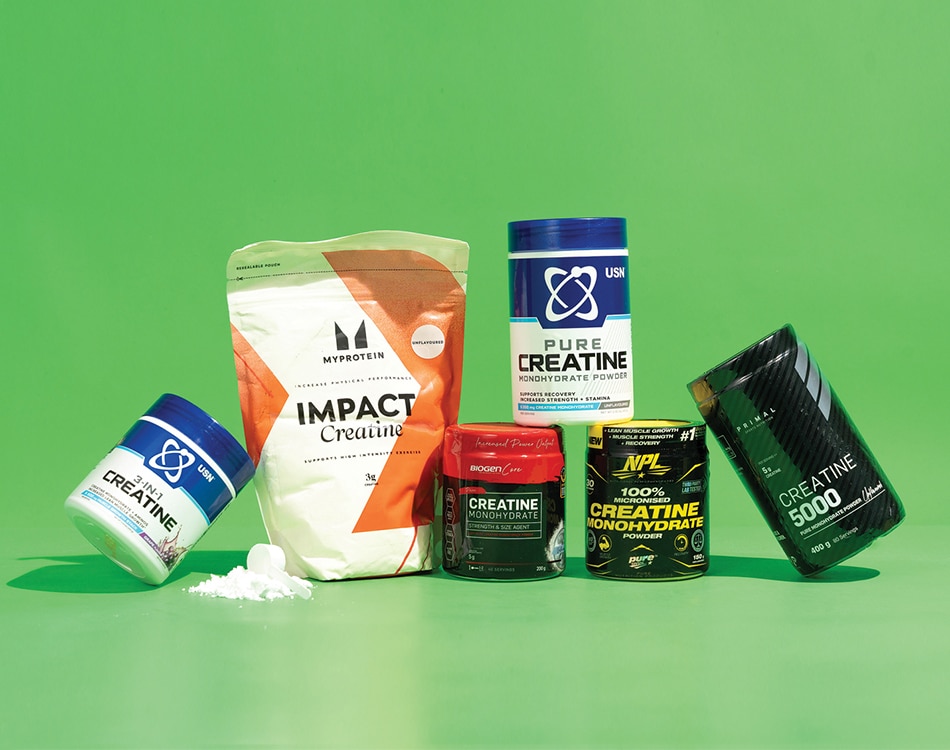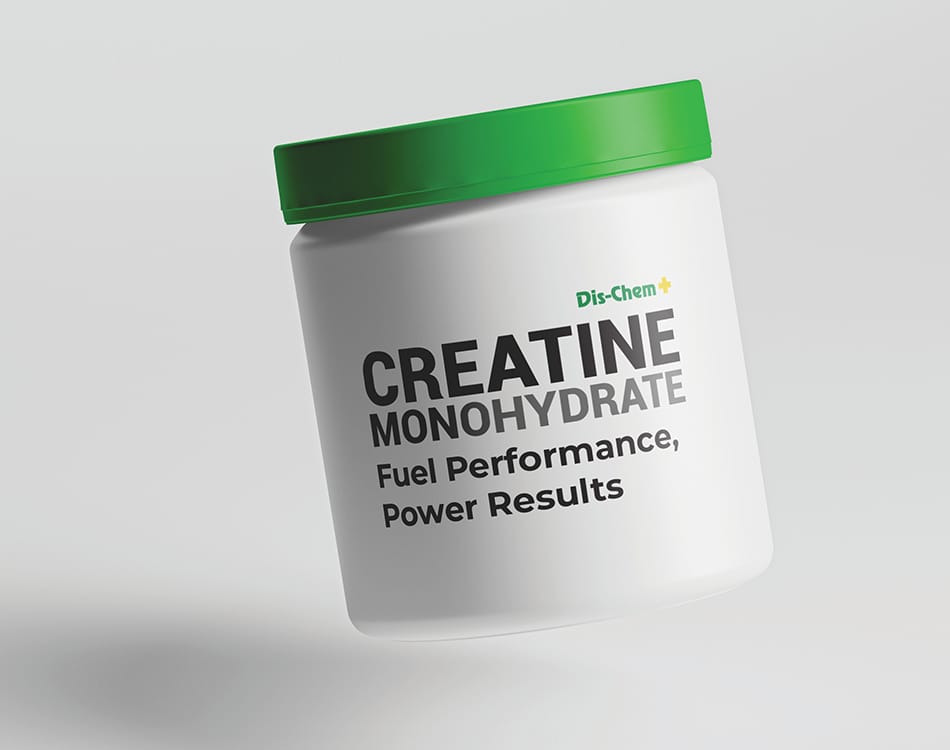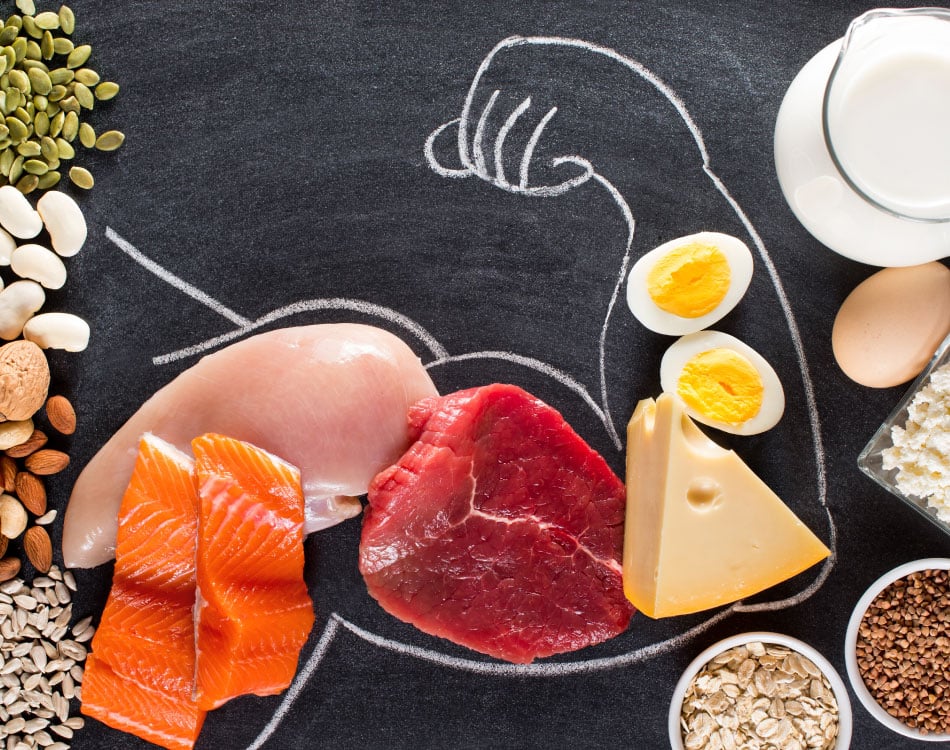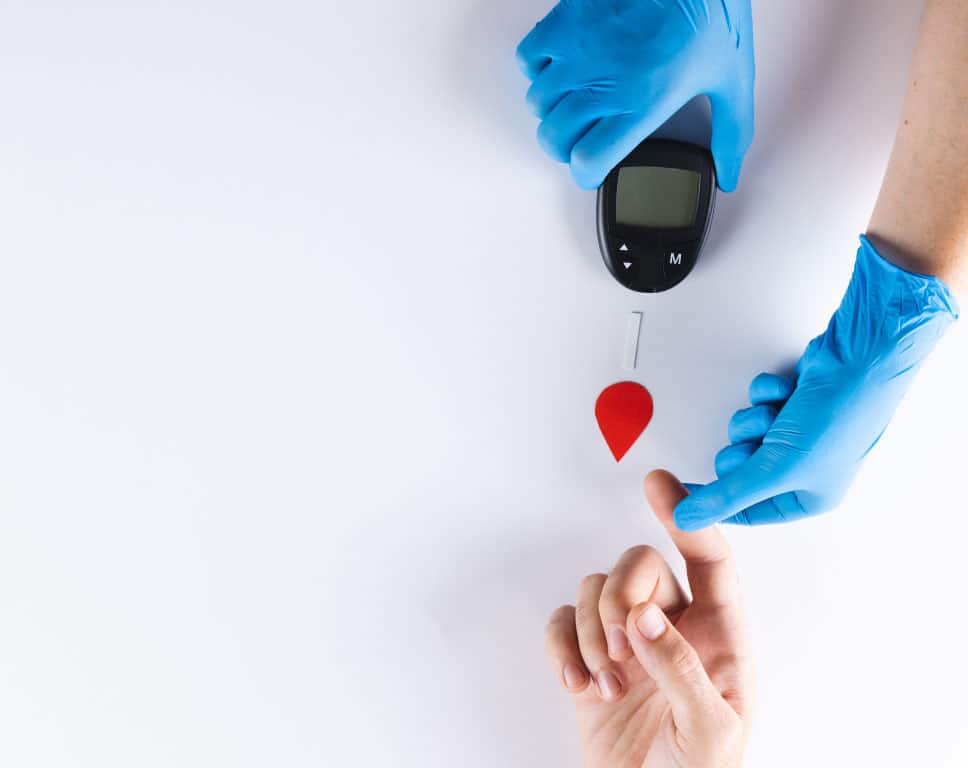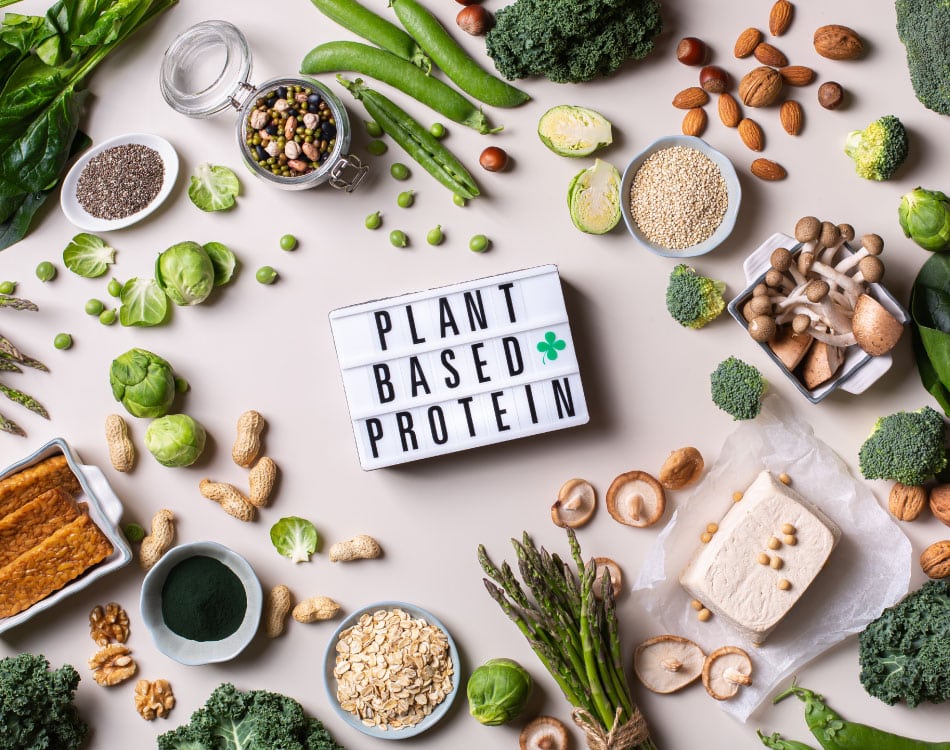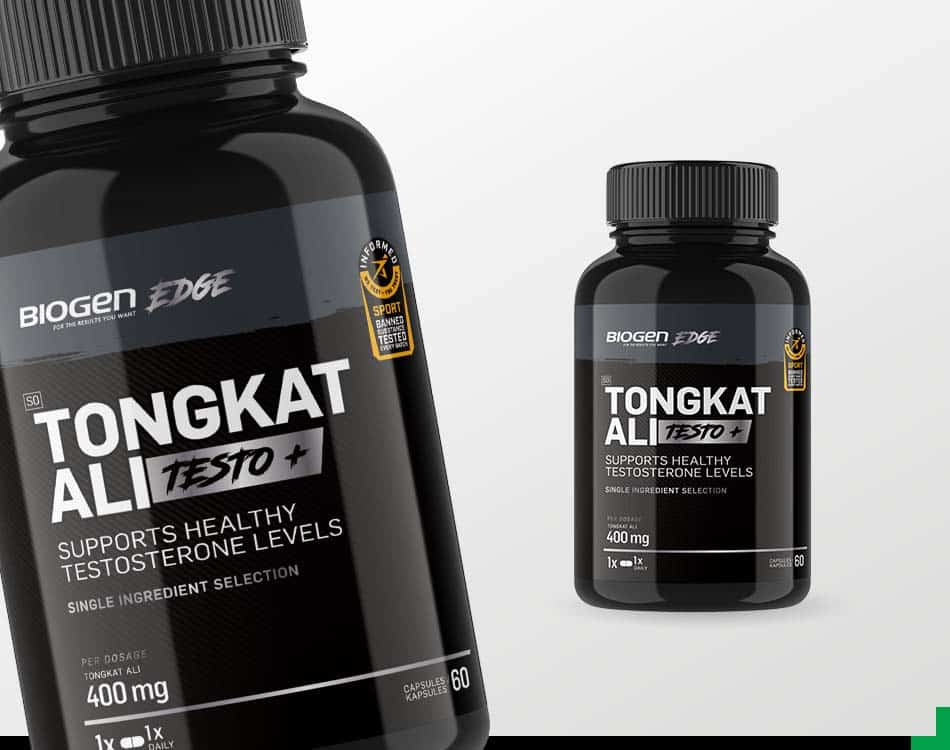Our bodies need ample vitamins and minerals for many biological processes related to energy production, muscle growth and overall health and wellness.
Certain vitamins play crucial roles in turning food into energy through various metabolic pathways. For example, B vitamins help to metabolise the energy contained in carbohydrates.
Important biological players
Other important micronutrients like iron help to produce the oxygen-carrying proteins that circulate in our bloodstream and deliver vital oxygen to muscle cells, while adequate calcium is required to maintain bone health.
Vitamins and minerals also ensure proper immune system function and fluid balance, which are important for optimal recovery.
And certain vitamins help to create the hormones that drive the muscle repair and growth processes, while others – known as antioxidants – protect our bodies against the excessive oxidative stress and free radical damage that accompanies hard training, injury and illness.
An optimal vitamin intake helps to:
- Enhance physical and mental performance.
- Promote robust immunity.
- Create vibrant health.
- Promote emotional wellbeing.
- Improve sleep quality.
Meeting higher demands
Due to their many roles in energy production and recovery, when we train intensely over prolonged periods or fight off infections, we increase our micronutrient demands and turnover rate (that we means we use more in a shorter timeframe). In these instances, we can deplete our body’s micronutrient reserves more rapidly.
This means that active individuals, those who are ill or those exposed to high levels of stress may require vitamin and mineral intakes that exceed baseline recommended daily allowances (RDAs), which are more aligned to health guidelines for the average population aimed at preventing deficiency-related diseases.
Furthermore, RDAs do not take individual circumstances into consideration, nor do they consider what is optimal for you based on your lifestyle, activity levels and environment.
The first step in meeting these elevated requirements is a healthful and balanced diet rich with natural whole foods and plenty of raw fruits and vegetables. These foods offer an abundant source of vitamins and minerals in their natural state.
Plugging nutritional gaps
However, sometimes the foods we eat aren’t able to meet our micronutrient requirements for various possible reasons.
As such, we often require additional quality nutritional support. Thankfully, well-formulated vitamin and mineral supplements, like those available at Dis-Chem, can augment your whole food diet to ensure you meet their specific micronutrient requirements.
Supplementing daily with a high-potency multivitamin and mineral pack provides a broad spectrum of essential vitamins and minerals, along with additional antioxidants, often in excess of traditional RDAs to optimise your micronutrient status.
When combined with a balanced and healthful diet, these products help to plug any potential nutritional gaps and prevent the deficiencies that can occur for various reasons.
Covering your bases
The specific vitamins and minerals that are vital to active individuals include B vitamins, vitamin C, vitamin D and vitamin E, calcium, zinc, magnesium, iron, beta-carotene and selenium.
You can boost your intake of these individual vitamins and minerals with a variety of standalone products, or cover all your bases with an intelligently-formulated multivitamin pack from a reputable supplement manufacturer for ease-of-use and convenience.
Ultimately, there are not too many things more detrimental to your health, recovery, metabolism, performance and ability to build lean muscle than a suboptimal micronutrient status. So don’t compromise your efforts by falling short of the mark.



